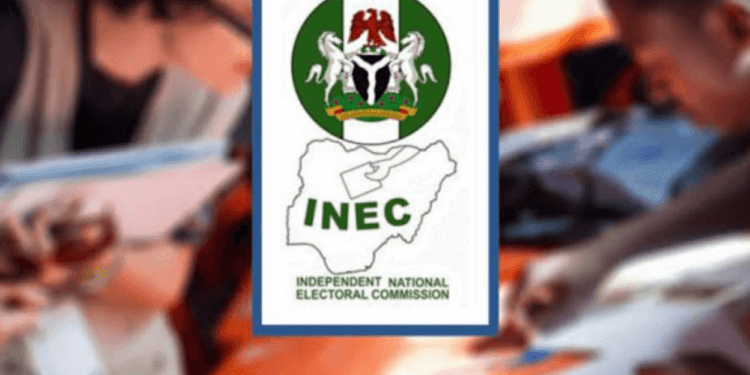The Independent National Electoral Commission (INEC) has revealed the significant financial and logistical challenges involved in the recall process, asserting that it is more expensive than conducting a senatorial election.
This information was shared on Saturday during a discussion titled “INEC Regulations and Guidelines for Recall 2024.
BVAS and IREV: Facts and Myths,” held via X Spaces. The special session aimed to shed light on the complexities of
the recall process and the resources required to facilitate it.
Prof. Mohammed Kuna, the Special Adviser to the INEC Chairman, explained that organizing a recall election is akin
to conducting a full-scale election.
He noted that the process demands substantial resources, such as staff mobilization, the deployment of election
materials, and the use of technology for efficient management. Furthermore, transportation and logistics are major
factors, making the recall process three times more expensive than a standard senatorial election.
The high cost of recall elections stems from the repeated efforts required, including revisiting the field multiple times
to ensure all procedural steps are met. “A recall process is like conducting three senatorial district elections because
we will go back to the field three times,” Prof. Kuna explained, highlighting the resource-intensive nature of the process.
You may also like: INEC AND 2027 ELECTION
The complexities involved include not just logistics but also maintaining public trust and transparency throughout the
procedure.
INEC’s Chief Press Secretary, Rotimi Oyekanmi, reiterated the Commission’s commitment to adhering to legal
protocols in the event of a recall. He emphasized that the Commission would only proceed with a recall if the
constituents fulfill the necessary requirements.
In the case of a vacancy in the National Assembly, he confirmed that INEC would conduct a by-election, ensuring the
continuity of the electoral process. The financial preparedness of INEC was also addressed by Oyekanmi, who
assured that the Commission had made provisions for all potential scenarios.
He highlighted that INEC is well-equipped to handle unpredictable electoral events, including the financial demands of
a recall election, and is committed to ensuring that every process is legally compliant.
Recently, INEC received a petition for the recall of Senator Natasha Akpoti-Uduaghan, representing Kogi Central
Senatorial District. The petition, presented by Charity Ijese on behalf of the constituents, followed Akpoti-Uduaghan’s suspension from the Senate over allegations of “gross misconduct.”
The recall petition, which garnered over 200,000 signatures from registered voters in Kogi Central, has entered its verification phase, where INEC will confirm that the petition meets the constitutional requirement of over 50 percent endorsement from the electorate.


































